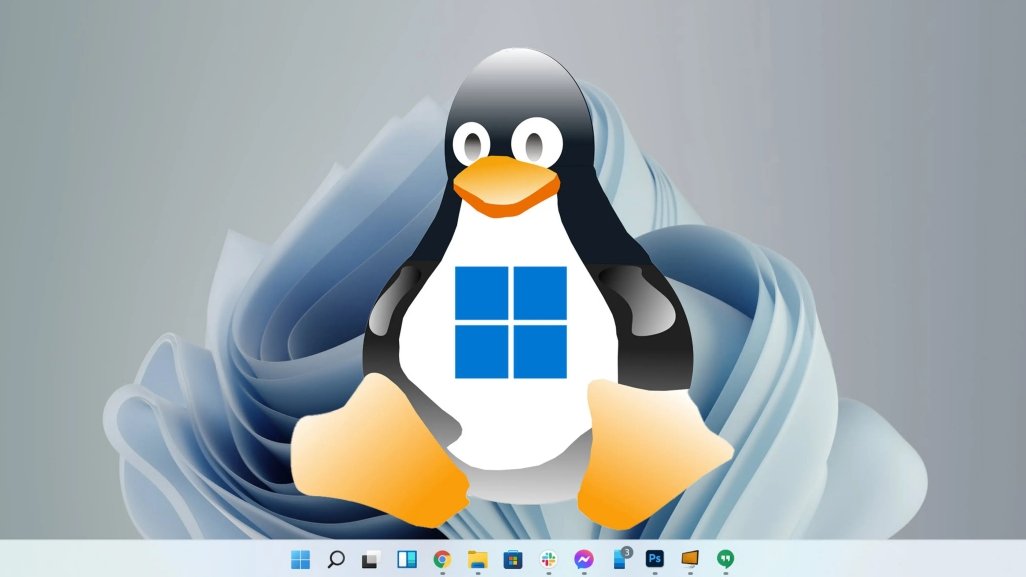After using Azure Linux internally for two years and running it publicly preview from October 2022, Microsoft this week finally made its distribution available to everyone.
Azure Linux is an open-source container host operating system for Azure Kubernetes Service (AKS from Azure Kubernetes Service) that is optimized for Azure and aims to make it easier for developers to use Microsoft tools for deployment and management of containers.

Azure Linux is designed to be deployed in the cloud and run multiple containers together.
The Azure Linux distribution comes from the CBL-Mariner project by Microsoft, where CBL stands for Common Base Linux. Microsoft started it CBL-Mariner because he needed an internal Linux distribution and a consistent one platform for the thousands of workloads engineers were running on Azure, according to Jim Perrin, principal program manager for Microsoft Azure Linux.
Microsoft's custom open source distribution "allows us to have a very defined, very thoughtful focus on Azure and tune the elements of the distribution to be exactly what we need to support a container host and try to keep the dependencies, the external packages, at a minimum,” Perrin said during a Q&A session at Build 2023, where Redmond announced the general availability of Azure Linux.
This means that Azure Linux's primary role is as a container host for AKS. It is optimized for Microsoft's Windows Hyper-V hypervisor and runs in a virtual machine (VM), supporting both x86 and Arm.
The lightweight nature of distribution is a key point, Perrin said. The small footprint includes a 400MB kernel image and 300 packages, which Microsoft said works very well for both performance and security.
Safety was the focus, Perrin said in a publication, noting that all updates to the operating system are run through Azure validation tests and that the test suite is constantly updated.
“Furthermore, since there are far fewer packages on the container host, the volume of security updates required is smaller, and these issues are also fixed immediately. We closely monitor and fully manage the software supply chain, which enables greater end-to-end quality assurance and resilience.”
Also at Build, Microsoft announced that Kubernetes Apps, a collection third-party open source applications for the AKS platform, is available in the Azure Marketplace.
Kubernetes apps, in public preview in October 2022, enable one-click deployment, CI/CD automation, automated lifecycle management, and support.
Available applications are tested and certified by Microsoft and scanned for vulnerabilities, a necessary step at a time when the number of attacks through logisticschain continues to grow.



